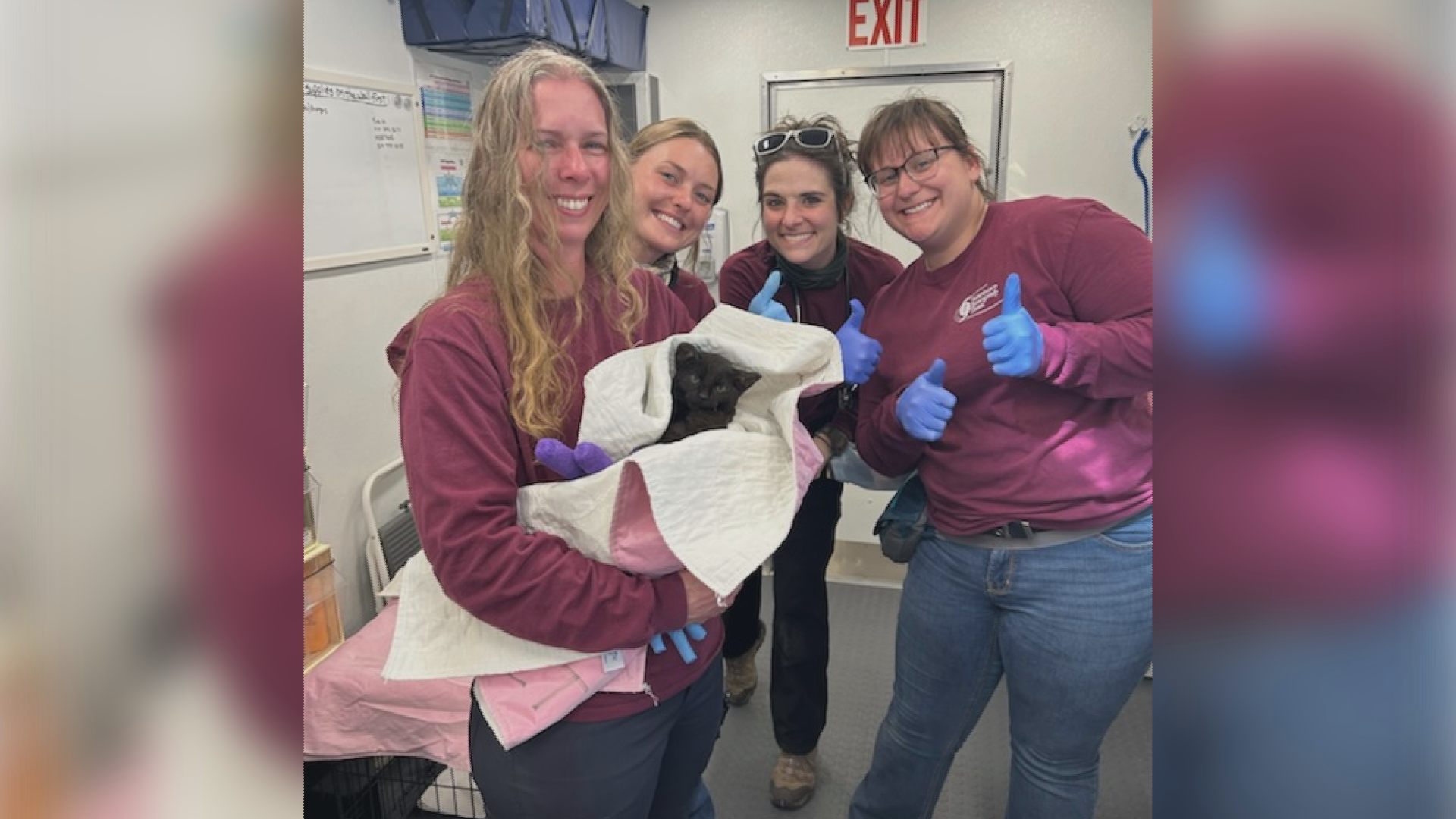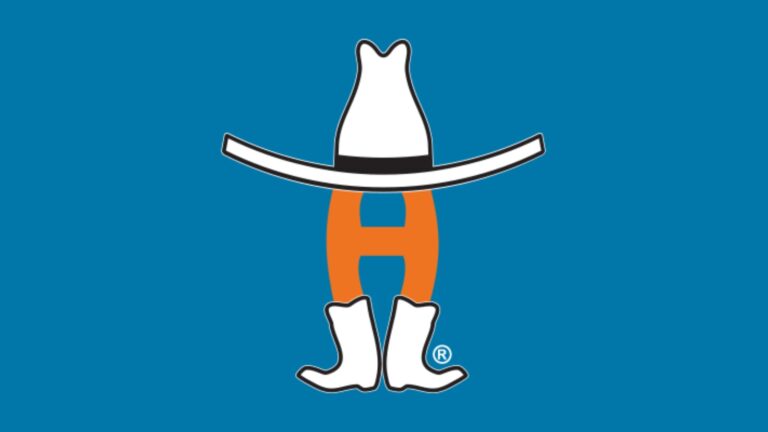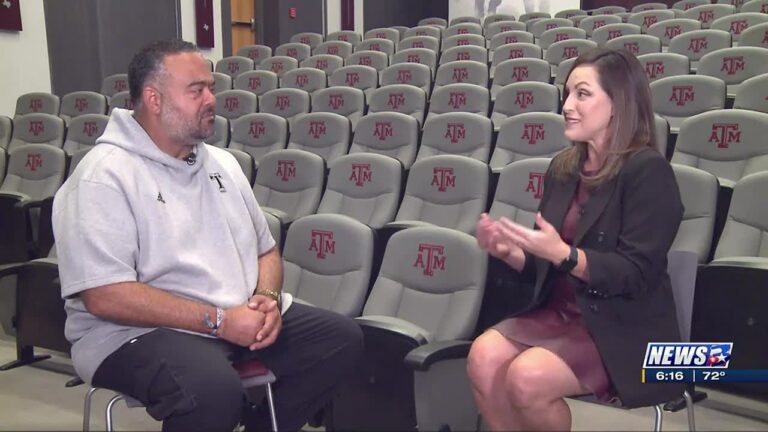Texas A&M veterinarians return from Smokehouse Creek Fire deployment
COLLEGE STATION, Texas (KBTX) – A team of staff and students from the Texas A&M University School of Veterinary Medicine and Biomedical Sciences completed a 10-day deployment in the panhandle providing veterinary care for those affected by the Smokehouse Creek Fire.
The team estimated they checked out nearly a thousand animals, spanning all shapes and sizes.
“I come from a ranch background as a kid, so it was very personal,” Dr. Deb Zoran, Director of the Texas A&M Veterinary Emergency Team (VET) said.
Treating animals in the panhandle, especially livestock, was an emotional process. Zoran said for the ranchers living in the panhandle, their cattle aren’t just their livelihood, they care deeply about their animals.
Early estimations show around half of the cattle population in the area is gone, according to Zoran.
The VET team was initially sent out Feb. 28 to help search and rescue dogs. Some of those dogs were provided by Texas A&M Task Force 1.
It’s dangerous work, Zoran said the dogs risk stepping on glass, burning their feet, or inhaling toxins from the soot. But these working dogs are well taken care of, and play a critical role in recovery efforts.
“In a disaster theater, veterinary support is often miles and miles and miles away. And so when we can be in theater, near them, that is comfort for them and it’s also comfort for us,” she said.
The team did a lot more after two of the three vet clinics in Canadian were impacted by the flames.
“I hate fires because they’re so destructive and they’re so indiscriminate, and so many animals of all types die,” Zoran added.
Getting ahold of the necessary resources posed a challenge, especially in the rural area.
“You could drive for an hour up there in the panhandle and not be anywhere,” program coordinator Beth Bernardo said.
But the team effort paid off.
“Being able to connect to somebody and hand them that animal back, can’t beat it,” she said.
Before leaving, the team worked with local veterinarians and ranchers to ensure their care needs are met.







